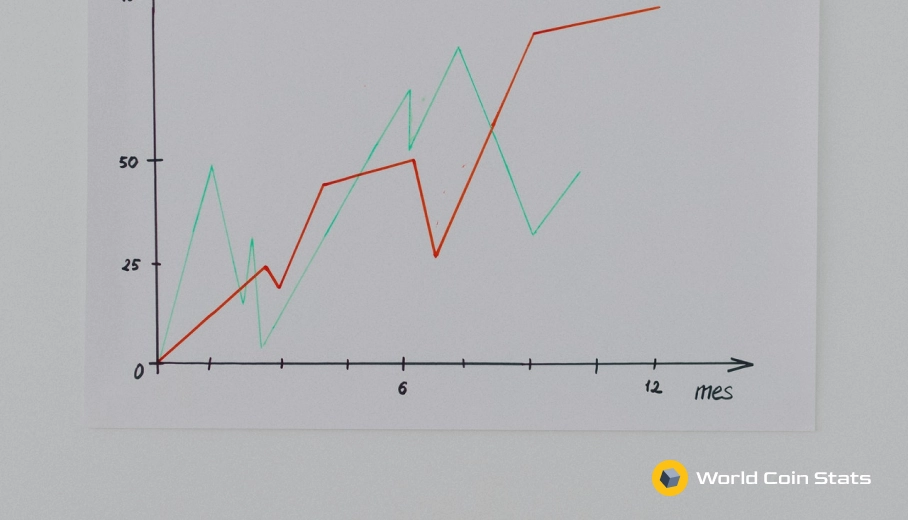Asian Market Seesaw-ed as Traders Await on Trade Deal
TOKYO, Japan – The Asian stock market were mostly trading cautiously on the first day of the trading week as market players continue to wait on the progress of the long-standing trade negotiations between the US and China ahead of the scheduled tariff hike on Chinese goods on December 15.
The market got most of its boost from the revised growth domestic product growth for Japan. It was originally estimated at around 0.2%, but the revised number showed a significant increase from the initial estimate at 1.8% for the third quarter.
With the advance in Japan’s revised domestic product growth, the benchmark Nikkei 225 index also traded with a 0.5% gain on Monday. The Kospi index in South Korea also recorded a 0.3% increase.
However, the Hang Seng index of Hong Kong didn’t end the trading session with the same optimistic it had the previous week. The benchmark was trading last with a 0.3% gain. Early on the trading session, the Hang Seng index was marginally higher but continued the session bouncing back from modest gains and declines.
The Shanghai Composite index in China also seesawed throughout the session, slipping briefly with a 0.2% drop within the day. However, it was able to reverse its losses but still ended flat.
According to a market strategist from the IG Group, Jingyi Pan, market players are closely on the lookout for any news about the ongoing trade negotiations. She said that traders are waiting whether the US and the Chinese government will be able to make a deal to end the long-standing trade war before December 15, which is the deadline for the new round of Washington-imposed tariffs for $160 billion worth of Chinese goods.
She further added that reaching phase one of the trade deal with the US is more urgent for China to help ease the economic pressure in the country, based on the recent Chinese trade data.
The trade war between the US and China started when both countries imposed a tariff increase for each other’s imports last year. The long-standing trade war has had a negative impact on the global economy. It has also caused declines in the Chinese economy, with its recorded 1.1% year-on-year decline in exports in November, marking the fourth consecutive month of drops based on reports released by the government on Sunday. The major decline in China’s exports was worse than predicted. It was primarily caused by a 23% plunge on their shipments to the United States as the US-China trade war continues.




